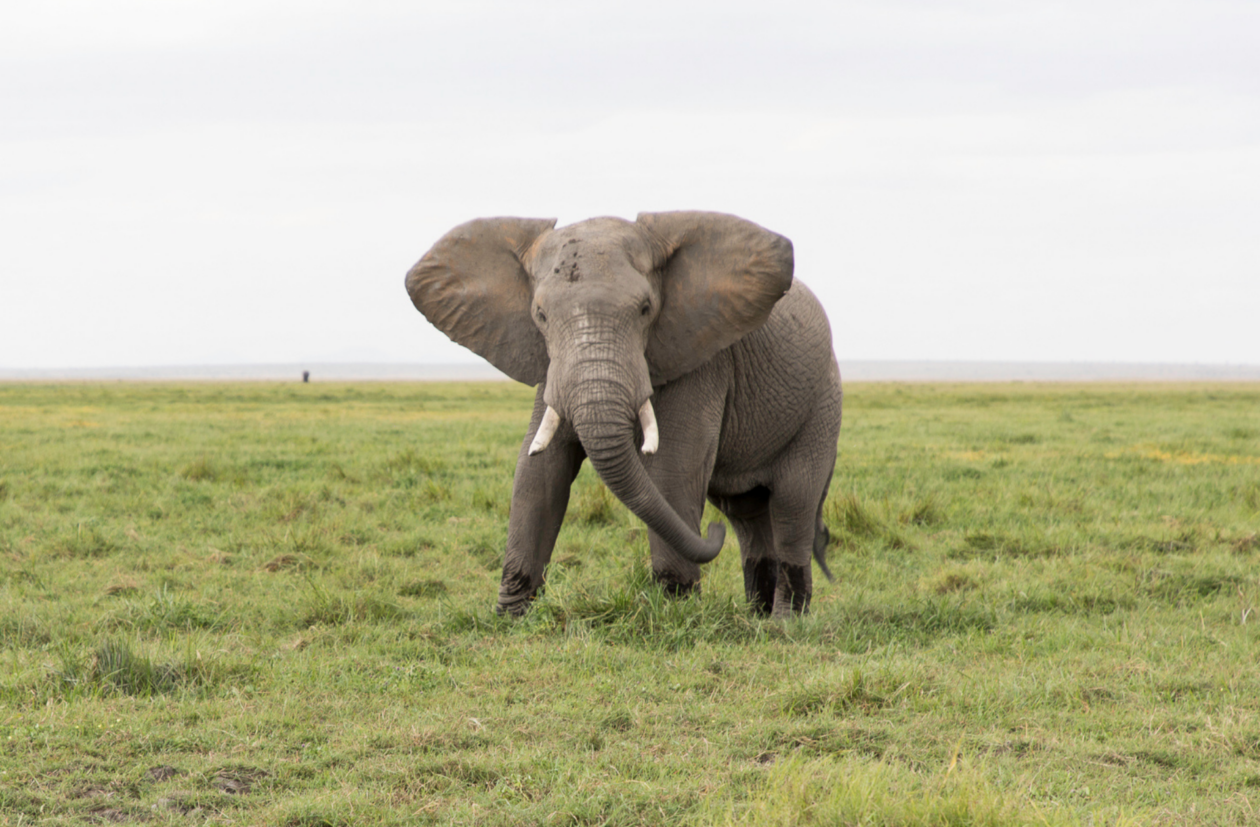
Hwange National Park is the largest park in Zimbabwe, home to 40,000 elephants and the endangered black rhino. The park is a main stop for tourists in the region, but it is under threat from coal mining due to the limited availability of land for mining in the country. Although these mining activities clearly cause environmental damage, water pollution, land degradation, biodiversity and wildlife loss, and are a major driver of climate change, there is limited information on the extent and nature of these impacts on protected areas in Zimbabwe.
The government also sees coal mining as a huge source of income and economic stimulation for Zimbabwe, and it awarded two companies licenses to explore for coal within the national park.
In 2018, Global Greengrants Fund had the foresight to see the threat of mining in protected areas and awarded the Zimbabwe Environmental Law Association (ZELA) $10,000 to carry out research on the impact, nature, and extent of coal mining activities in protected forests and wildlife areas in Zimbabwe using the Hwange National Park as a case study.
ZELA then challenged the development of coal mining in the park through a court application.
ZELA is very happy with the government’s decision to ban mining in all national parks. However, the group wants the government to go further by reforming the offending legislation that is the Mines and Minerals Act and the Parks and Wildlife Act, which allows mining to take place in national parks.
It is notable that the recent policy pronouncement is not legally binding, and ZELA plans to forge ahead with a court action in the hope of getting a judgement to set precedent, especially since mining is still happening in other smaller national parks around Zimbabwe.
Support the work of ZELA and other groups worldwide striving to protect essential natural spaces. Make a gift today.
